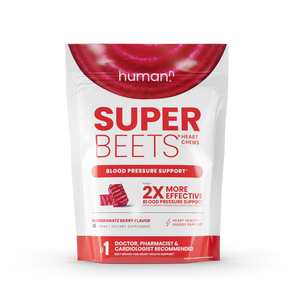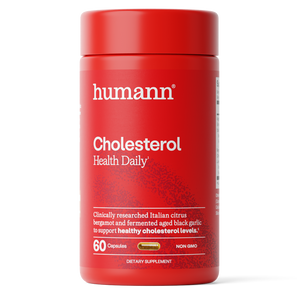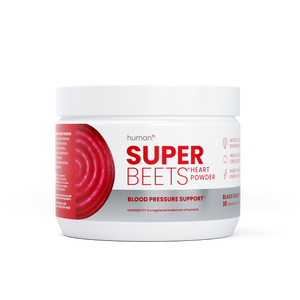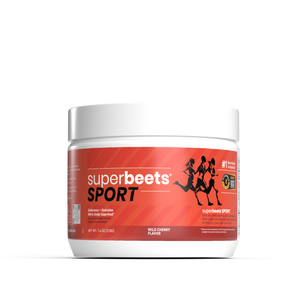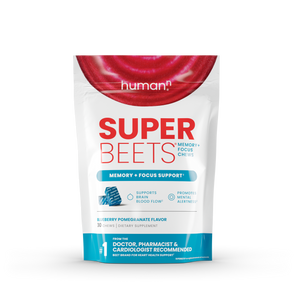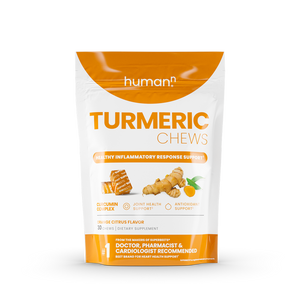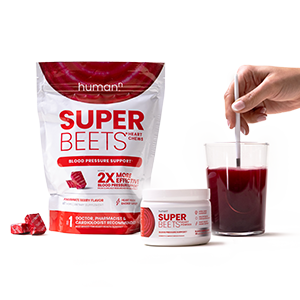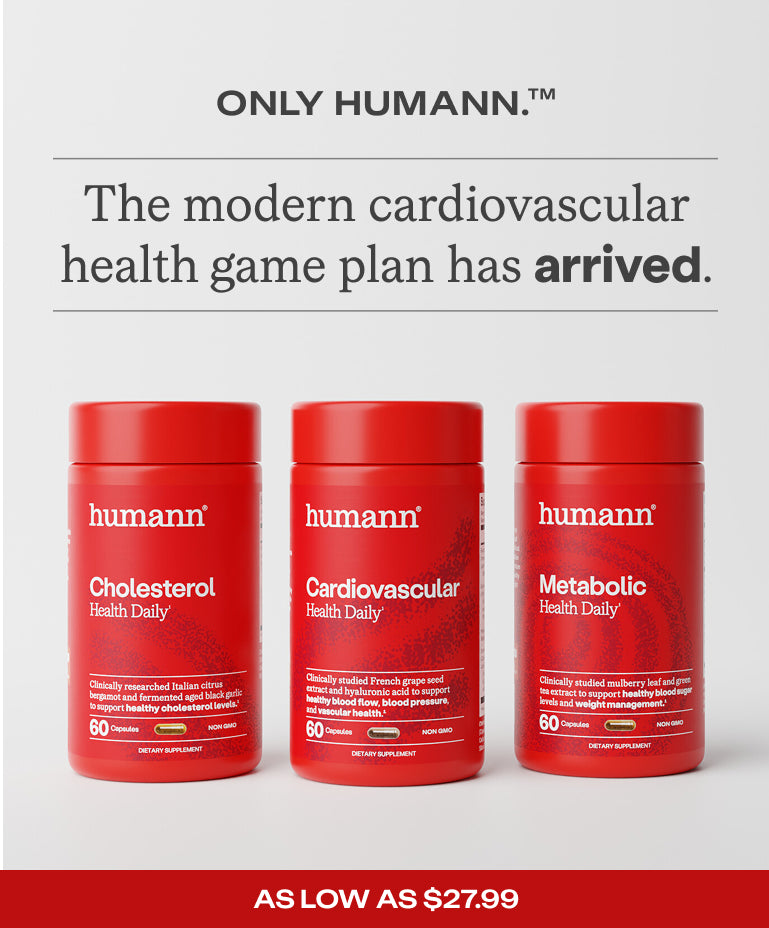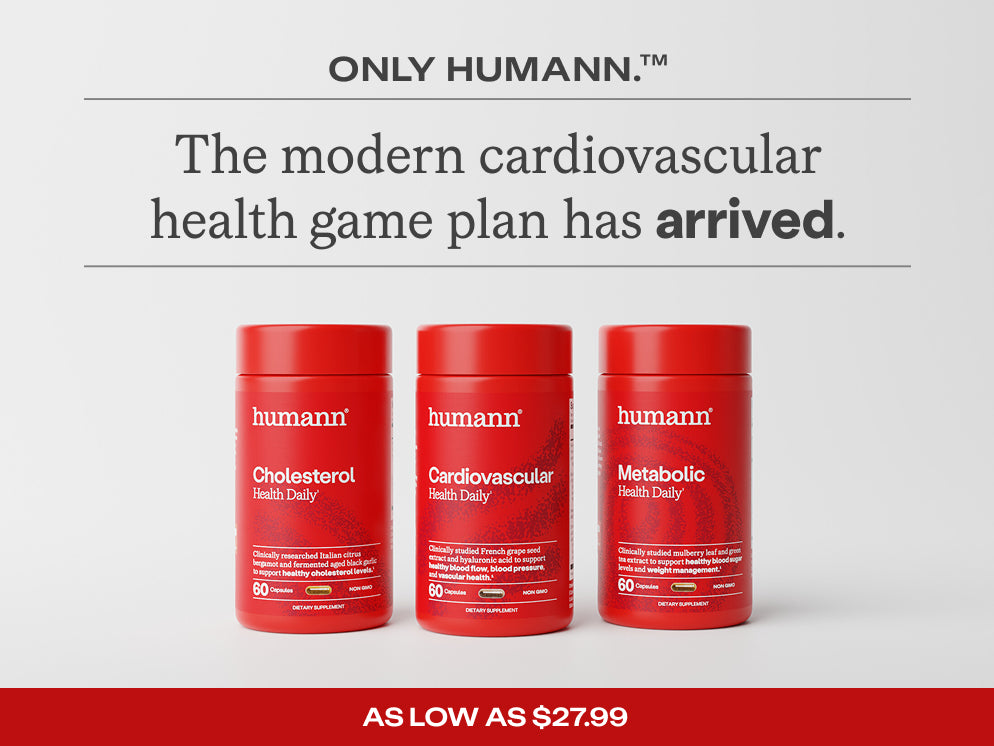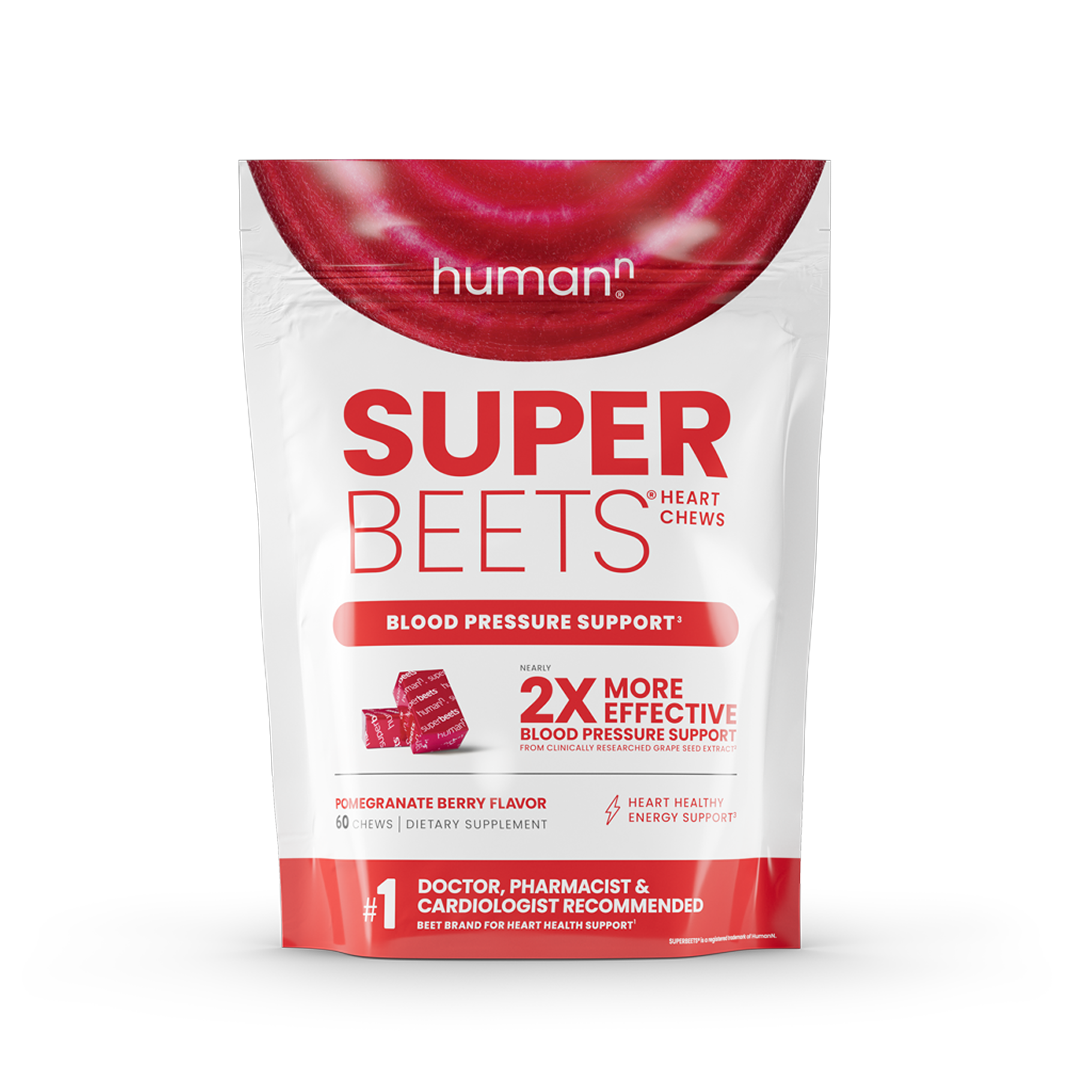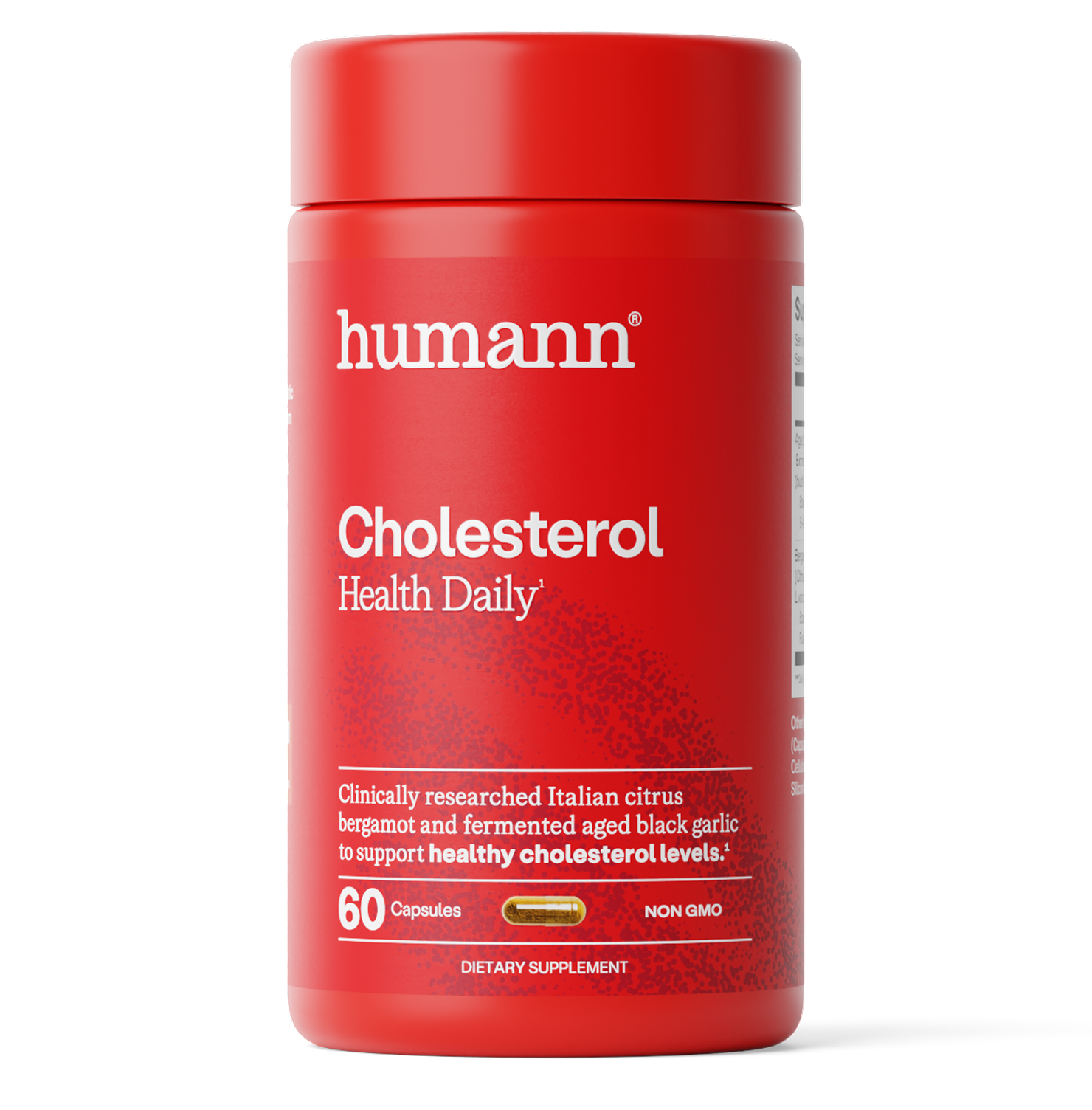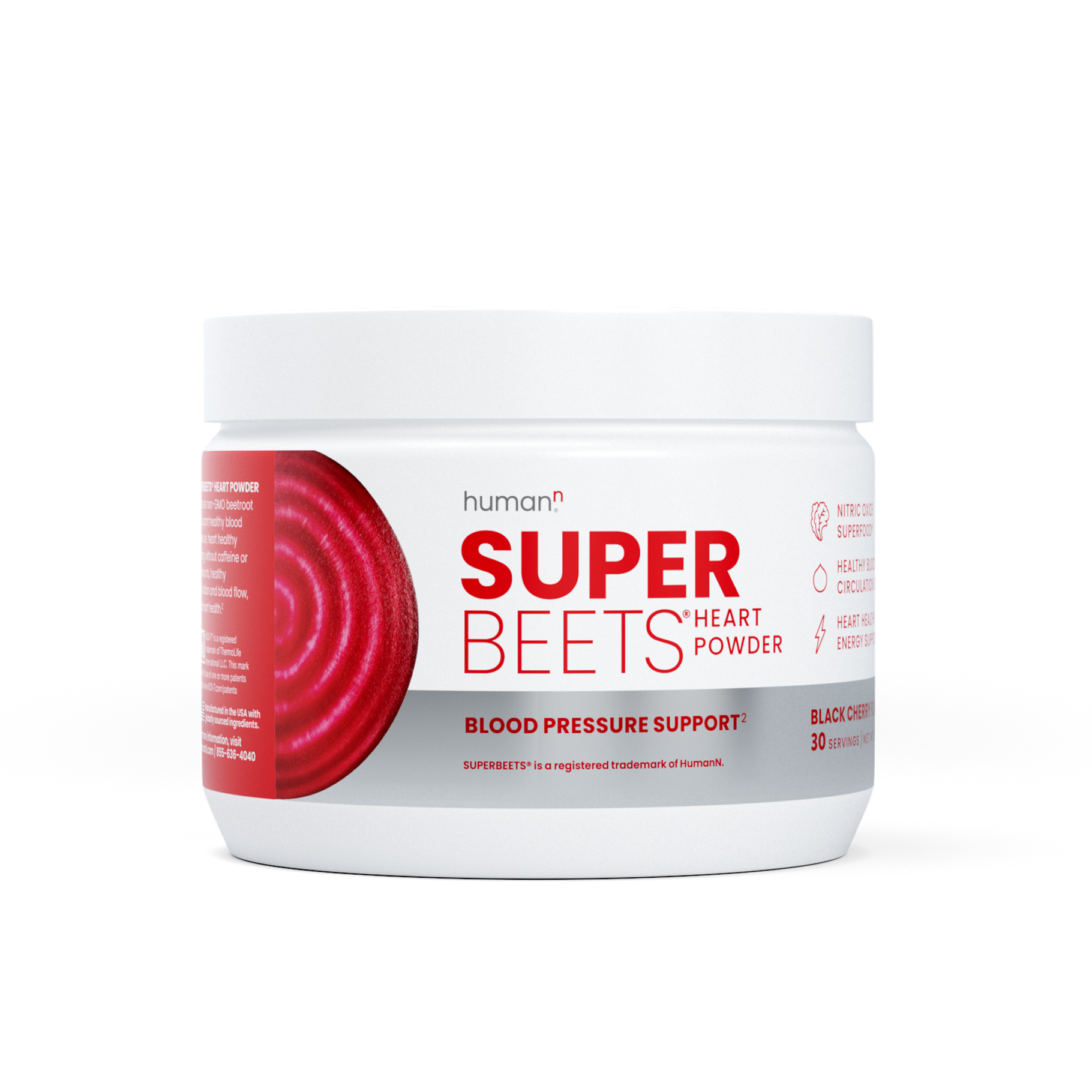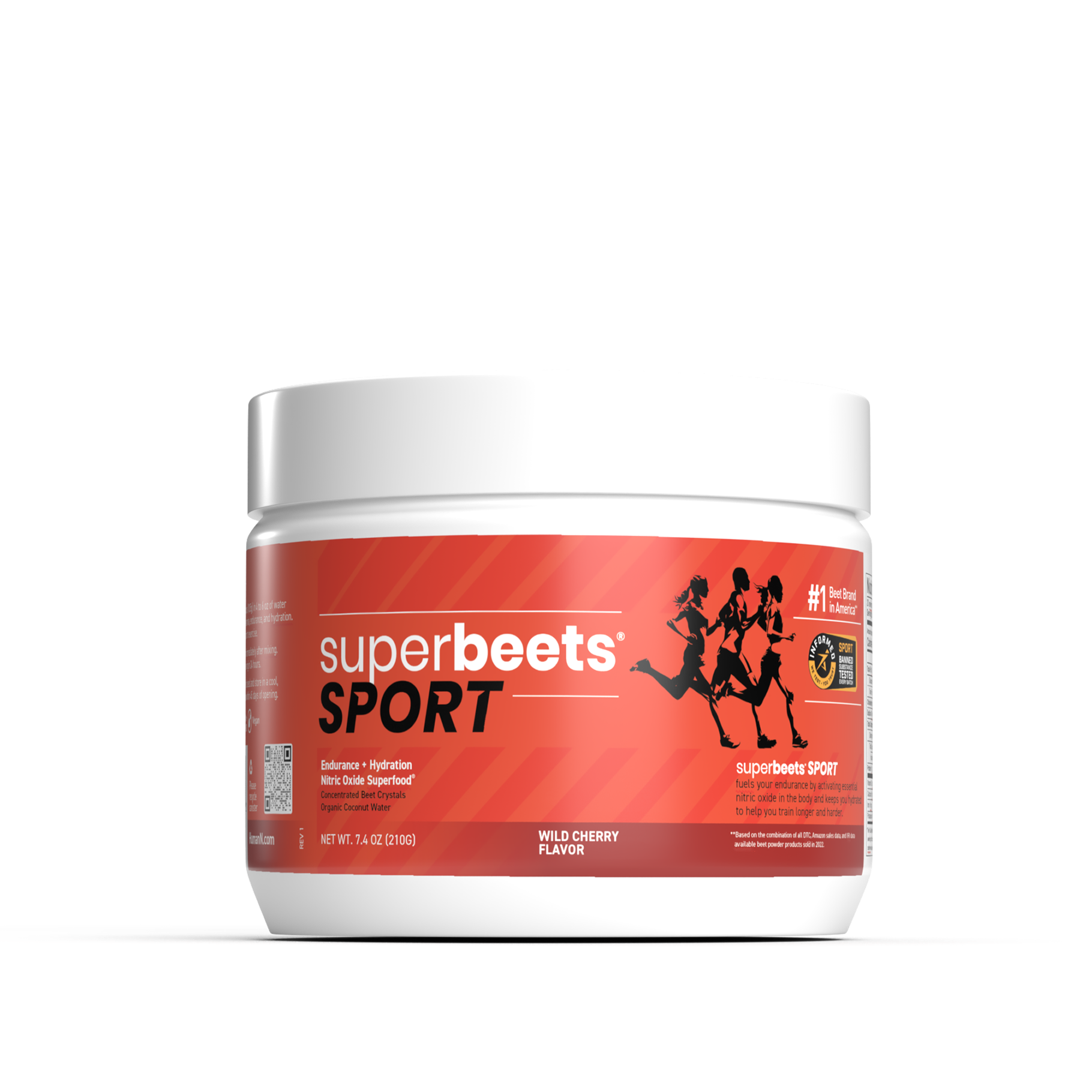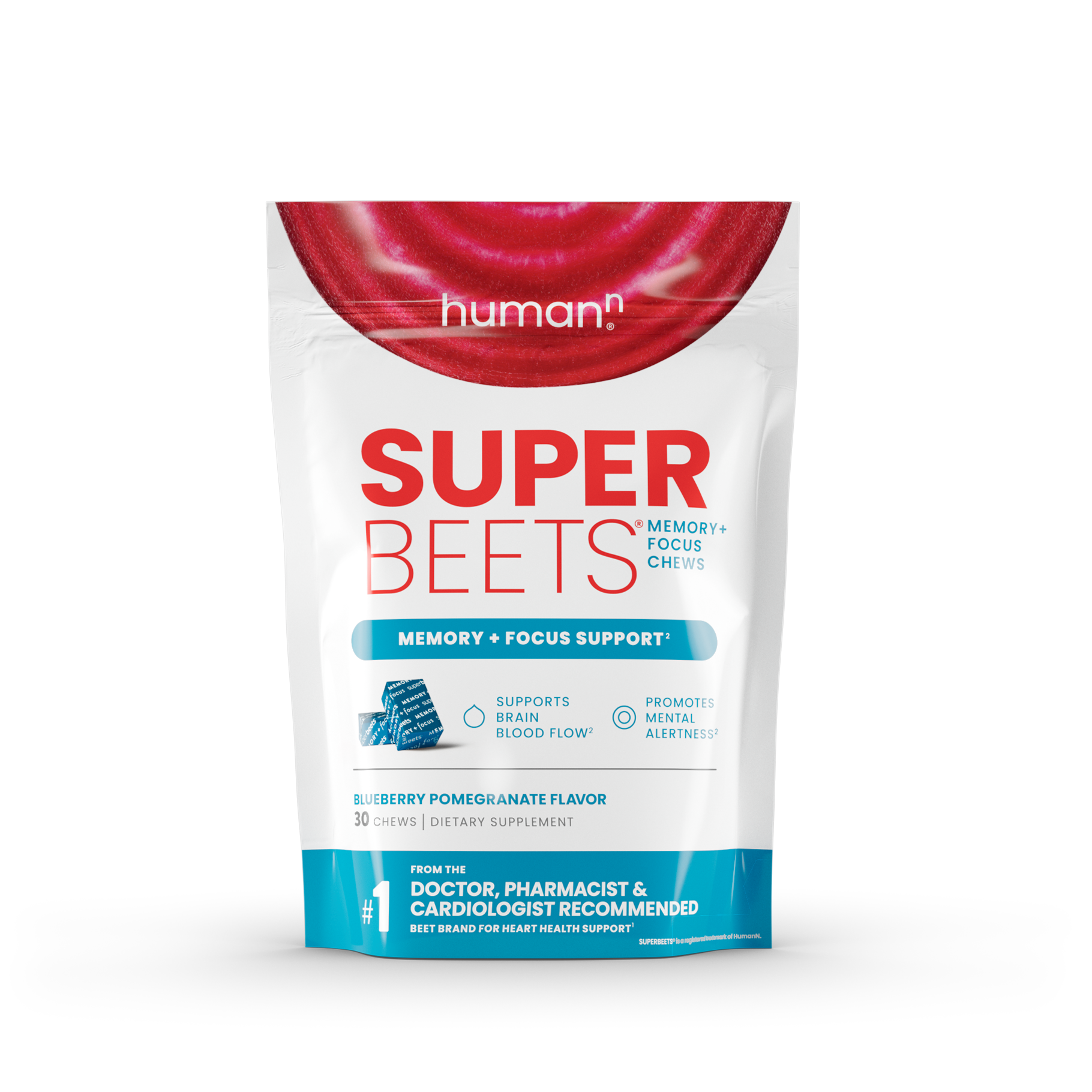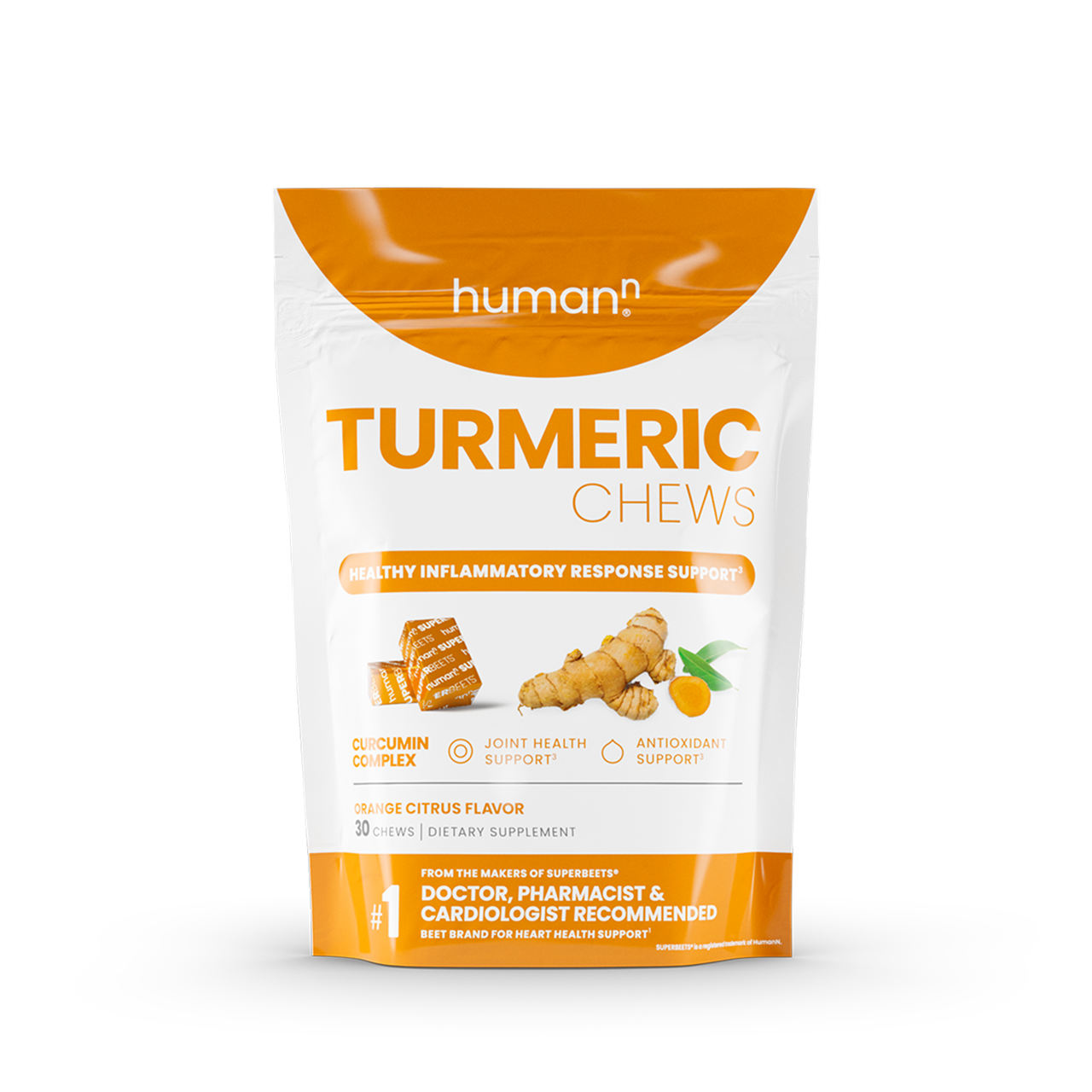Can you trust that what’s on the label of your favorite supplement is really what’s in the product?
One way to be sure is to look for products that are NSF Certified for Sport®.
When it comes to verifying the quality and safety of dietary supplements, NSF International is considered the gold standard. The NSF Certified for Sport® program helps consumers, athletes and coaches to make safer decisions when choosing sports supplements.
Humann’s Tart Cherry Gummies have recently been verified NSF Certified for Sport®– and while Humann products are already in use by 120+ professional and college sports teams, the NSF certification opens the door for more professional athletes and sports teams to use these supplements.
We recently spoke with the President of Humann Science Advisory Board and renowned exercise physiology and sport nutrition researcher, Dr. John Ivy, PhD about the importance of NSF Certified for Sport®for both the consumer and company, and why it’s desirable, if not mandatory, for pro-athletes when choosing a supplement.
What is NSF Certified for Sport® and who does it impact?
NSF International’s Certified for Sport® program is aleading third-party certification conducted to verify:
- Products do not contain any of 280 banned substances by major athletic organizations
- The contents of the product actually match what is printed on the label
- There are no unsafe levels of contaminants in the tested products
The NSF (National Sanitation Foundation) verifies that the product has not been adulterated and does not contain unsafe levels of contaminants such as heavy metals, prohibited substances and masking agents.
Although there are other companies that also certify sports supplements, NSF certification is considered the gold standard so many leading sporting organizations will only accept the NSF certification.
Can you talk a little bit about that process?
The certification process is rigorous. First, the NSF will verify that the product is being manufactured at a facility that is NSF GMP (Good Manufacturing Practices) registered. Then they will test the supplements coming from that facility.
Each lot of a product is tested:
- For 280 substances banned by major athletic organizations
- To verify that the contents and concentration match what is printed on the label
- For unsafe levels of contaminants in the product or adulteration of the contents
In addition, the manufacturing facility for a certified product is audited twice annually by NSF International.
Regarding sports and working with athletes, why is verifying this supplemental information incredibly important?
When an athlete tests positive for an illegal or banned substance, this creates a major problem for the athlete. This of course can be a completely innocent mistake whereby the athlete believes they're taking something that's clean and performance-enhancing but within the bounds of legality in their sport. The best way to prevent consuming a prohibited substance is to only consume dietary supplements and functional foods that have been tested and certified to be clean.
NSF Certified for Sport® benefits the athlete and even the general consumer, as they can be assured that what they are consuming contains no harmful or illegal, or banned substances & contaminants. However, certification can also benefit the manufacturer. For example, an NSF certification indicates to athletes and consumers alike that a product is safe and of specified quality. However, if an athlete or consumer has a problem with the supplement once it's on the shelf, the company making the product has proof that the problem arose after distribution. Therefore, certification is very important for protecting the reputation of the manufacturing company.
Do you recommend supplements that do not have this certification?
There are only a few dietary supplements that I recommend and those are mainly NSF Certified for Sport® products.
If I want to recommend a dietary supplement, and I know a particular brand is certified, I will recommend that brand over others.
However, not all dietary supplements or functional foods that I might want to recommend are certified. In these instances, I consider the reputation of the company that is making the product.
But for the most part, I don’t recommend supplements that are not NSF Certified for Sport®.
As more consumers integrate supplements into their daily routine, with that comes a wave of supplement companies. Some are great, some are illegitimate. Looking forward, what do you project for the future of certifications within the supplement industry?
I think that in the future there will be an increase in the number of products that will be certified.
There are many products on the market that either doesn't contain what is on the label with key ingredients missing, the concentration of an ingredient or ingredients is too low to have an efficacious effect or contain a substance that is banned by leading sports organizations.
A lot of people are wasting money on dietary supplements from this standpoint.
For the average consumer, when they see that a product is NSF Certified for Sport®, they can feel assured that they're purchasing a product that is safe, contains no banned substances and know that what is on the label is in the product
As dietary supplements and functional foods become more important to the average consumer, they need assurance that these products are safe and legitimate. The way they can do this is to check to see if the product is certified by a third party.
How have supplement certifications evolved since you began your professional career?
When I first started my professional career, there was no or maybe limited certification programs available. This created a problem because there were many adulterated products on the market, or the products did not contain the contents specified on their labels.
A lot of athletes were wasting money on these products or being caught taking banned substances when they had no intention of doing anything illegal.
It became a real problem. Certification of dietary supplements and functional foods was needed, particularly when major athletic organizations started listing banned substances.
There needed to be a mechanism to certify these products to make sure that they were safe for the athlete.
I've seen this increase dramatically over the years.
How has the list of banned substances changed over the years?
They have added substances to test as new ergogenic pharmaceuticals have been developed and certain natural ingredients have been found to have adverse effects on one’s health.
Sports’ governing boards continually update their lists of banned substances, and in most cases, they're adding new ones regularly. But in some instances, they've taken substances off the list -- such as caffeine.
Caffeine used to be a banned substance. It was a real problem at one time because it's in so many different foods. Therefore, it became very difficult to control resulting in athletes being found to have too much caffeine in their bodies when competing. The sport's governing bodies, therefore, decided to take caffeine off the banded substance list.
We know that NSF Certified for Sport® verifies and validates what's going into the product, but is there anyway, other than a clinical study, to measure the output of a supplement – that it will perform as it claims?
The testing of dietary supplements and functional foods is really left up to the exercise physiologists, nutritionists or medical professionals.
These supplements are tested under research conditions and the results are then published. An individual can go to the literature and find out whether a particular dietary nutrient, supplement or functional food is going to have an ergogenic effect, the amount of the supplement required to be effective and the best time to take the supplement.
Regarding certifying the product, the NSF does not certify that it has function. It verifies that the supplement label is correct, that the concentrations of the ingredients are as stated, that the product is not contaminated with banned substances, and that no masking agents have been added to the product. .
They don't play a role in testing the performance or the performance capabilities of a dietary supplement or functional food. That's left up to the scientists.
Let’s talk about Nitric Oxide testing and athletes – are there any guidelines or restrictions when it comes to athletes increasing their N-O levels?
Relative to sports performance and physical performance, it's very clear that raising the level of Nitric Oxide (N-O) production during exercise can enhance performance over a broad scope of metabolic demands.
Increased N-O levels have been found to promote cardiovascular endurance, anaerobic activities and even muscle power. It's clear that the athlete benefits when they can raise their N-O levels.
A indicator strip can be used to determine if N-O levels are high in an athlete. But from a regulatory aspect, it’s not feasible to try and limit N-O levels. This is because one can increase his or her level of N-O greatly by consuming large amounts of foods containing nitrate and nitrite, which can then be converted to N-O. This is very similar to the problem of trying to limit the level of caffeine in an athlete.
One concern might be how the N-O levels are elevated. There are means of raising one’s N-O levels via pharmaceuticals. This might be of concern, and eventually such pharmaceuticals might be taken into consideration for testing.
Our bodies are designed to elevate N-O levels during exercise, and if this process is facilitated by certified supplements or natural foods, then I think this is fine.
It has recently been found that our muscles can store dietary nitrate, and the more storage the better the conversion of nitrate to N-O during exercise. Interestingly, it has also been found that nitrate storage can be super compensated (raised to levels above normal) similar to muscle glycogen.
To super compensate muscle nitrate levels, there needs to be 3 to 4 days of low consumption of nitrate and nitrite. This is followed with a diet high in dietary nitrate and added nitrate/nitrite supplements for several days. Similar to the practice of super compensating muscle glycogen before endurance events, it is likely that athletes will soon be able to super compensate muscle nitrate as well.
Do you think there will be more stringent testing in athletes as advancement in functional foods continues?
I don't think the rigors of product testing will change, but what will change is what the testers will be testing for.
There are always individuals and companies looking for some advantage in selling a product and they will continue to design and develop products that have an ergogenic effect, even when they know the product will be designated illegal.
Such products may be declared banned because they are in a pharmaceutical category that is banned from use, will give an unfair advantage to the athletes and/or be found to be harmful in the long term.
The list of banned substances is constantly growing so the testing must become more sophisticated. I believe how the athlete is personally tested is rigorous and effective, but there might be an expansion of who is tested.
Currently tested on a regular basis are collegiate athletes, (particularly if they're elite collegiate athletes), Olympians and professional athletes. In the future, we may see testing expanded to randomly testing athletes competing in high school sports.
Humann’s Tart Cherry Gummies are NSF Certified for Sport®. Can you talk about then intentionality behind selecting the ingredients for this product?
Humann only uses the finest ingredients and those that have been shown through research to be efficacious.
Our products always contain an effective concentration of any key ingredient as well. If we know an ingredient works, we put an efficacious amount of the ingredient in the product.
A lot of products you'll find in the marketplace will list an active ingredient, but it won’t be in an efficacious dosage.
We do not mislead the consumer. At Humann, we make sure that there is an efficacious amount of any key ingredient in the product we use.
The tart cherry extract in two of our Tart Cherry Gummies contains the polyphenol equivalent of 100 tart cherries. Our cherry extract comes exclusively from Danish-sourced cherries, and the efficacious dose in one serving of our gummies has been found to support healthy uric levels , which impacts our metabolic health.
And Humann also takes care to make sure that the ingredients in a supplement are not destroyed in the production process.
A company can start off with a functional food such as tart cherries, make an extract out of it and put a supplement on the market to support metabolic health. But if in the process of making that supplement, the company destroys all the polyphenols that were in the tart cherries originally, the product is not going to have the desired effect. Or in some cases, the tart cherry extract may not have a standardized amount of polyphenols.
Any product that Humann produces, the company makes sure that the production process does not destroy the ingredients that should be in the product.
How has the NSF impacted your career?
The NSF Certification for Sports program has made it a lot easier to recommend supplements. One can determine through research or reading the research literature whether a certain supplement or functional food has a beneficial effect.
For example, it has long been known that caffeine can have a beneficial effect for various sporting events, but just because caffeine is listed on the label of a supplement doesn't mean it will be beneficial. The supplement must contain a certain concentration of caffeine per serving to have a benefit and this is where certification can help. There are a lot of supplements with ingredients listed on the label that have known ergogenic effects, but do not provide an efficacious dosage of these ingredients.
For example, at one time, pyruvate was shown to improve physical performance. The amount of pyruvate that was needed to have a beneficial effect, however, was very high. Consuming an efficacious amount of pyruvate was found to cause gastro-intestinal distress, and the cost of pyruvate made it impractical to make a dietary supplement. However, because it had been found to improve physical performance, many products came out containing very small amounts of pyruvate – but nowhere close to an efficacious amount.
The general public might see a label and think, “Oh, I hear that pyruvate is good for physical performance and this product contains pyruvate,” but they are not aware of how much is needed to be of benefit. They simply assume the dosage of pyruvate is going to be efficacious.
It's a game that is played all the time by companies that make nutritional supplements.
What are your thoughts on supplements with labels that tout a long list of beneficial ingredients but in miniscule doses?
Well, that's another game that is played by supplement companies. A product will have 14 different ingredients in it with a variety of beneficial claims. However, in most cases the amount of each ingredient in a serving is too low to be of benefit.
I think athletes should stay away from products with long lists of ingredients claiming to be beneficial because, in most instances, there can’t be sufficient amounts of each ingredient to have the effects claimed. To correctly manufacture products with a long list of ingredients is typically cost and/or volume prohibitive.
What are you most excited about regarding Humann receiving the NSF Certified for Sport® certification on Tart Cherry Gummies?
I'm glad to see that Humann is getting the NSF Certified for Sport® certification for its Tart Cherry Gummies because there have been many coaches, sports nutritionists and athletes that have been requesting this. And now I can say this product is certified!
